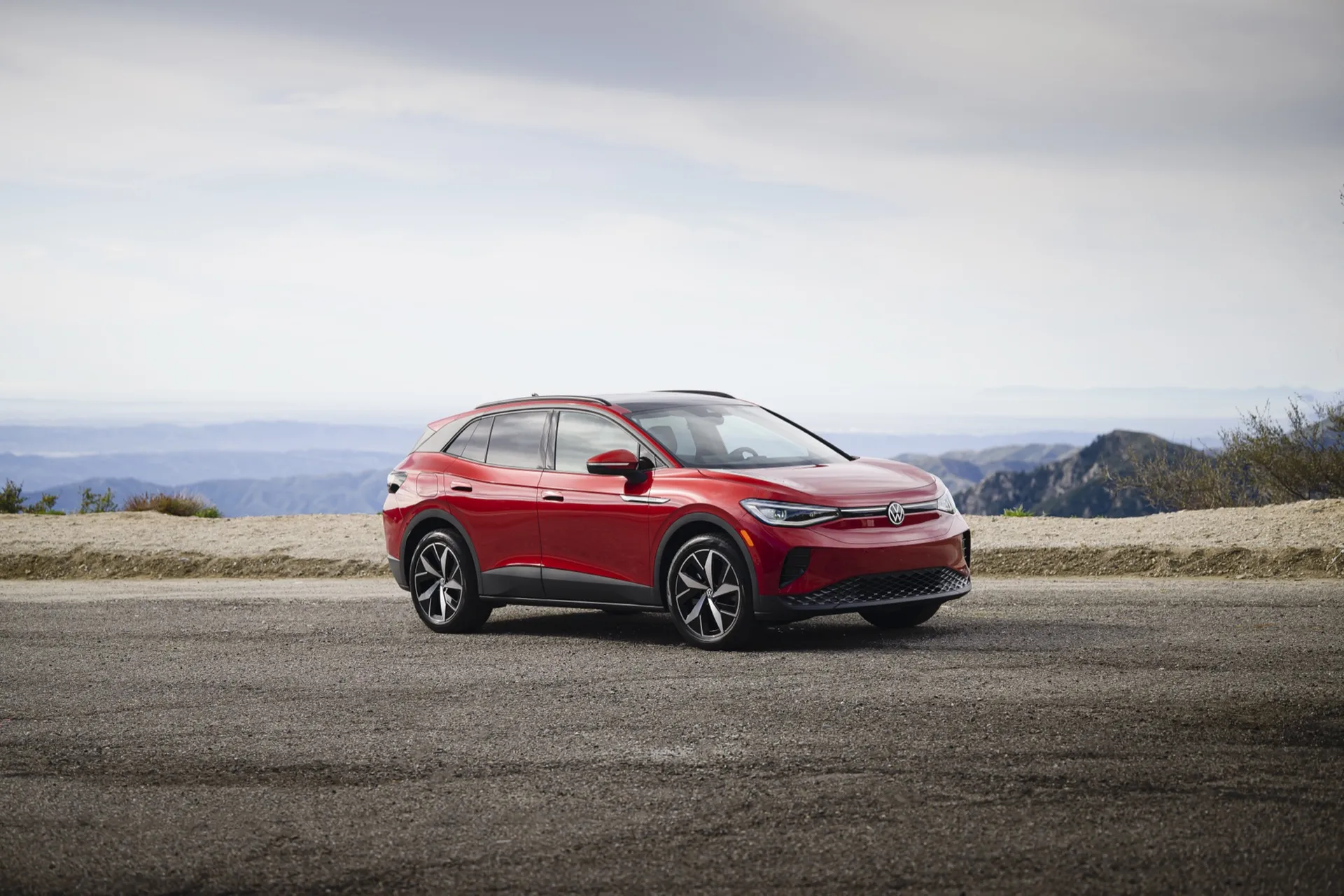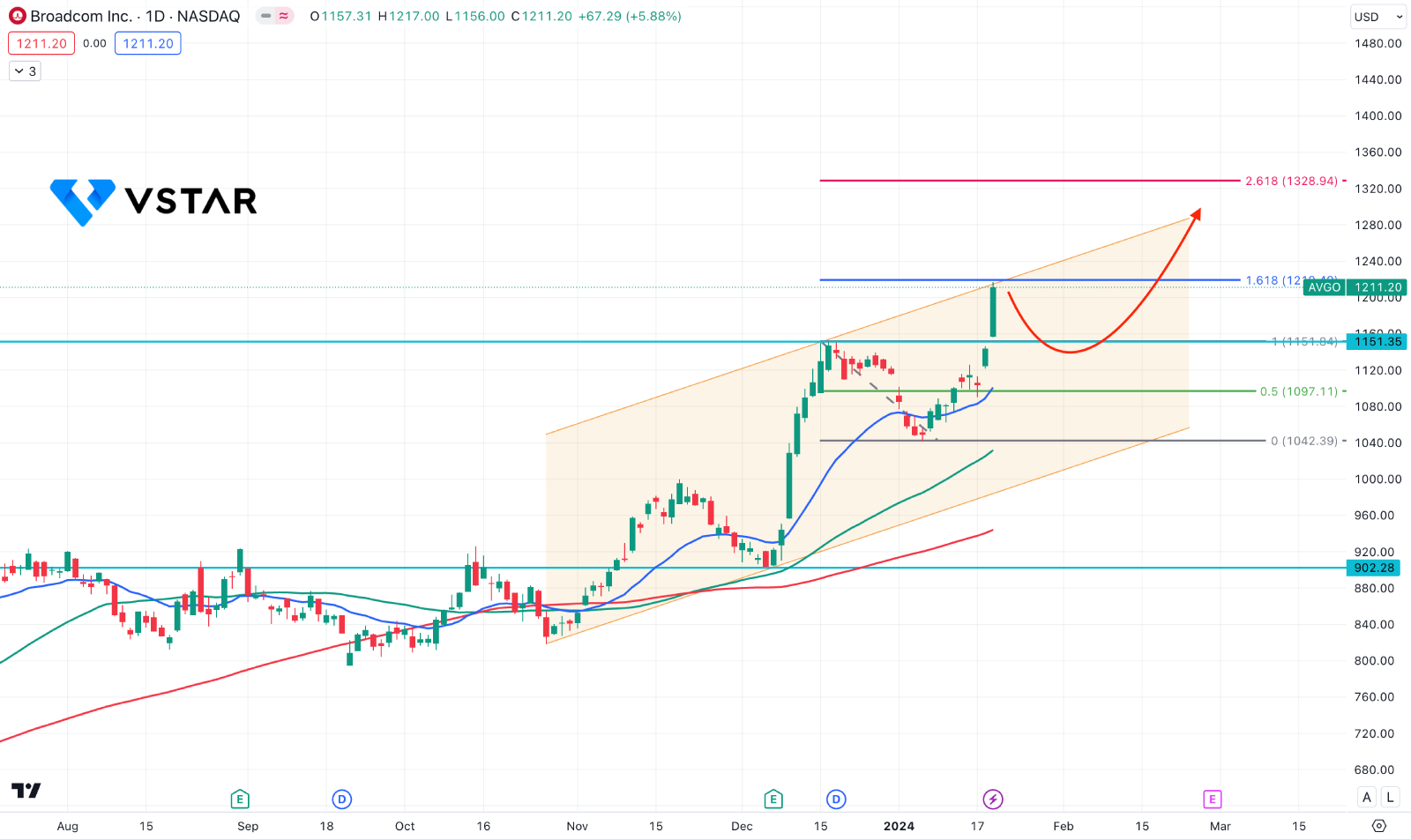The Auto Industry's Standoff: Dealers Reject EV Mandate Requirements

Table of Contents
Financial Burden of EV Infrastructure Investment
Dealers face substantial upfront costs to adapt their infrastructure for EVs. This represents a significant financial hurdle in meeting the increasing EV mandate requirements.
- Specialized Equipment and Training: The need for specialized charging equipment, high-voltage safety training for technicians, and investment in diagnostic tools specifically designed for EVs represent a considerable capital outlay. This is far beyond the typical investment needed for servicing gasoline-powered vehicles.
- Service Bay Upgrades: Existing service bays often need significant modifications or complete overhauls to accommodate the unique service requirements of electric vehicles, including high-voltage systems and battery maintenance.
- Lower Profit Margins: Currently, the profit margins on EV sales are often lower than those on gasoline vehicles, further exacerbating the financial strain of infrastructure upgrades. This disparity needs to be addressed to incentivize dealers to embrace the transition.
- Insufficient Government Support: Many dealers report insufficient government support to offset these massive infrastructural costs. Incentives and grants, where available, are often inadequate to cover the substantial investments required, and the application processes are frequently bogged down in bureaucracy.
- Return on Investment (ROI) Concerns: The uncertainty surrounding the long-term return on investment for EV infrastructure is a major deterrent. Dealers are hesitant to commit significant resources without a clear understanding of the future demand for EV service and repair.
Challenges in EV Sales and Consumer Demand
The transition to electric vehicles is not solely a matter of infrastructure; consumer demand and market readiness play a critical role in the success of the EV mandate.
- Low Consumer Demand: In certain markets, consumer demand for EVs remains relatively low due to several factors. High initial purchase prices, limited driving range compared to gasoline vehicles, and concerns about charging infrastructure availability and convenience act as significant barriers to adoption.
- Lack of Awareness: A lack of awareness and education surrounding the benefits of EVs (lower running costs, reduced emissions) further hinders consumer uptake. Targeted marketing campaigns and government-led initiatives are crucial to bridge this knowledge gap.
- Inventory and Sales Process Management: Dealers struggle to manage EV inventory effectively due to longer lead times and supply chain uncertainties. Furthermore, selling EVs requires different sales techniques and a deeper understanding of the technology and its implications for consumers.
- Workforce Impact: The shift to EVs requires retraining and upskilling the existing dealership workforce to handle EV repairs and sales. This presents a significant challenge for many dealerships, potentially leading to job displacement if EV sales don't meet expectations. Investment in employee training programs is crucial to mitigate this risk.
Concerns Regarding Government Regulations and Mandates
The implementation of EV mandates itself is a source of contention among auto dealers. The approach taken by governments has raised several serious concerns.
- Speed and Inflexibility: The speed and inflexibility of the mandate implementation are major concerns. Dealers argue that the mandates are unrealistic given current market conditions and the pace of technological advancement. A more phased approach would allow for a more manageable transition.
- Lack of Transparency and Consistency: Inconsistent government policies and incentives across different regions create significant challenges for dealerships. This lack of transparency and clear communication makes long-term planning and investment decisions extremely difficult.
- Impact on Profitability: Dealers fear that the stringent requirements of the EV mandate will negatively impact their overall profitability and even threaten the viability of some dealerships, particularly smaller, independent businesses. This could lead to business closures and a reduction in competition within the market.
Conclusion
The ongoing standoff between auto dealers and government regulators over EV mandate requirements underscores the complexities inherent in transitioning to an electric vehicle-centric market. The dealers' concerns regarding financial burdens, consumer demand, and regulatory uncertainties are significant and require careful consideration. Finding a balance between promoting sustainable transportation and ensuring the economic viability of dealerships is crucial. A collaborative approach involving open dialogue, transparent policies, and adequate financial support for dealers is essential to ensure the success of the EV mandate and prevent the unintended consequences of a rushed transition. Ignoring these concerns risks derailing the entire effort to achieve a greener automotive future. We need a comprehensive strategy that addresses all aspects of this transition, from infrastructure investment to consumer education, to navigate this crucial shift successfully.

Featured Posts
-
 Tzon Travolta O Thrinos Gia Ton Thanato Toy Tzin Xakman
Apr 24, 2025
Tzon Travolta O Thrinos Gia Ton Thanato Toy Tzin Xakman
Apr 24, 2025 -
 Loss Of Editorial Independence 60 Minutes Executive Producer Resigns
Apr 24, 2025
Loss Of Editorial Independence 60 Minutes Executive Producer Resigns
Apr 24, 2025 -
 Living With A 77 Inch Lg C3 Oled Pros And Cons
Apr 24, 2025
Living With A 77 Inch Lg C3 Oled Pros And Cons
Apr 24, 2025 -
 Analyzing The Canadian Dollars Recent Volatility Gains And Losses Explained
Apr 24, 2025
Analyzing The Canadian Dollars Recent Volatility Gains And Losses Explained
Apr 24, 2025 -
 Analysis Broadcoms Extreme Price Hike For V Mware And Its Impact
Apr 24, 2025
Analysis Broadcoms Extreme Price Hike For V Mware And Its Impact
Apr 24, 2025
